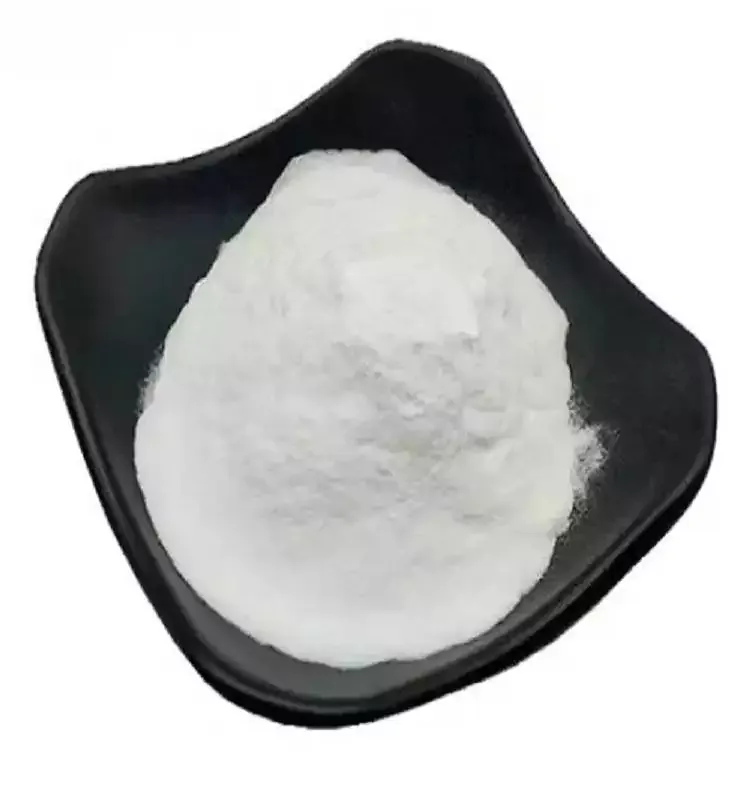Warning: Undefined array key "file" in /home/www/wwwroot/HTML/www.exportstart.com/wp-content/themes/1198/header.php on line 7
Warning: Undefined array key "title" in /home/www/wwwroot/HTML/www.exportstart.com/wp-content/themes/1198/header.php on line 7
Warning: Undefined array key "title" in /home/www/wwwroot/HTML/www.exportstart.com/wp-content/themes/1198/header.php on line 7
- Afrikaans
- Albanian
- Amharic
- Arabic
- Armenian
- Azerbaijani
- Basque
- Belarusian
- Bengali
- Bosnian
- Bulgarian
- Catalan
- Cebuano
- China
- China (Taiwan)
- Corsican
- Croatian
- Czech
- Danish
- Dutch
- English
- Esperanto
- Estonian
- Finnish
- French
- Frisian
- Galician
- Georgian
- German
- Greek
- Gujarati
- Haitian Creole
- hausa
- hawaiian
- Hebrew
- Hindi
- Miao
- Hungarian
- Icelandic
- igbo
- Indonesian
- irish
- Italian
- Japanese
- Javanese
- Kannada
- kazakh
- Khmer
- Rwandese
- Korean
- Kurdish
- Kyrgyz
- Lao
- Latin
- Latvian
- Lithuanian
- Luxembourgish
- Macedonian
- Malgashi
- Malay
- Malayalam
- Maltese
- Maori
- Marathi
- Mongolian
- Myanmar
- Nepali
- Norwegian
- Norwegian
- Occitan
- Pashto
- Persian
- Polish
- Portuguese
- Punjabi
- Romanian
- Russian
- Samoan
- Scottish Gaelic
- Serbian
- Sesotho
- Shona
- Sindhi
- Sinhala
- Slovak
- Slovenian
- Somali
- Spanish
- Sundanese
- Swahili
- Swedish
- Tagalog
- Tajik
- Tamil
- Tatar
- Telugu
- Thai
- Turkish
- Turkmen
- Ukrainian
- Urdu
- Uighur
- Uzbek
- Vietnamese
- Welsh
- Bantu
- Yiddish
- Yoruba
- Zulu
kol . 17, 2024 03:36 Back to list
Exploring the Uses and Benefits of Propylene Glycol in Various Industries
Understanding Propylene Glycol and Its Acidic Forms
Propylene glycol, a synthetic organic compound with the chemical formula C3H8O2, has become a staple in various industries, including food, pharmaceuticals, and cosmetics. It is a clear, colorless liquid that is hygroscopic and absorbs water, making it an effective humectant. However, when we refer to propylene glycol acid in our discussions, it is essential to clarify what is meant, as propylene glycol itself does not have acidic properties. Instead, it can form acidic derivatives under specific conditions.
The Basics of Propylene Glycol
Propylene glycol is a diol (a type of alcohol with two hydroxyl groups) and is generally recognized as safe (GRAS) by the U.S. Food and Drug Administration (FDA). Its low toxicity and versatile properties enable it to serve various functions, such as a solvent, preservative, and stabilizer. In the food industry, propylene glycol is often used in products like ice creams and baked goods, where it helps maintain moisture and extend shelf life.
In pharmaceuticals and cosmetics, propylene glycol serves as a solvent for active ingredients, making formulations more effective. Its ability to enhance skin absorption also makes it a popular ingredient in lotions and creams. The compound’s low volatility and high boiling point further enhance its utility across different applications.
The Acidic Context of Propylene Glycol
While propylene glycol itself lacks acidic characteristics, discussions around propylene glycol acid could refer to the oxidation of propylene glycol, resulting in the formation of various acid derivatives. One such derivative is propylene glycolic acid, which can be formed through chemical reactions that incorporate oxygen.
propylene glycol acid

Propylene glycolic acid can potentially play a role in various biochemical processes. It has garnered attention in the field of organic chemistry and biochemistry, primarily due to its unique properties and potential applications. Understanding the role of these acidic derivatives is crucial, especially in biological contexts, as they can influence metabolic pathways and cellular functions.
Industrial and Environmental Implications
In industrial applications, understanding the chemical behavior of propylene glycol and its derivatives, including acidic forms, is crucial. Industries must thoroughly assess the environmental implications of using such compounds. For example, while propylene glycol is biodegradable and generally considered non-toxic, the breakdown products and any acidic derivatives formed during its degradation process must be examined for potential environmental impacts.
The safety and environmental assessments of propylene glycol and its acidic derivatives contribute significantly to regulatory compliance. Companies involved in manufacturing and using these compounds must adhere to strict guidelines set by regulatory bodies to ensure that their products do not harm human health or the environment.
Conclusion
In summary, while propylene glycol is a widely used compound known for its low toxicity and versatile properties, discussions about propylene glycol acid highlight the importance of understanding the chemical's potential derivatives and their implications. As industries continue to leverage propylene glycol in a variety of applications, research into its properties and behaviors, including acidic forms, will remain critical. This ongoing exploration will help ensure that the benefits of propylene glycol can be harnessed safely and sustainably, paving the way for innovations across food, cosmetics, and pharmaceuticals while addressing ecological concerns.
Latest news
-
2025 European Fine Chemicals Exhibition in Germany
NewsMay.13,2025
-
2025 New York Cosmetics Ingredients Exhibition
NewsMay.07,2025
-
Zibo will host the 2025 International Chemical Expo
NewsApr.27,2025
-
2025 Yokohama Cosmetics Raw Materials and Technology Exhibition
NewsApr.22,2025
-
2025 India Mumbai Fine Chemicals Exhibition
NewsApr.18,2025
-
Nanjing will host the 2025 Yangtze River Delta International Chemical Industry Expo and the National Chemical Industry Conference
NewsApr.15,2025

